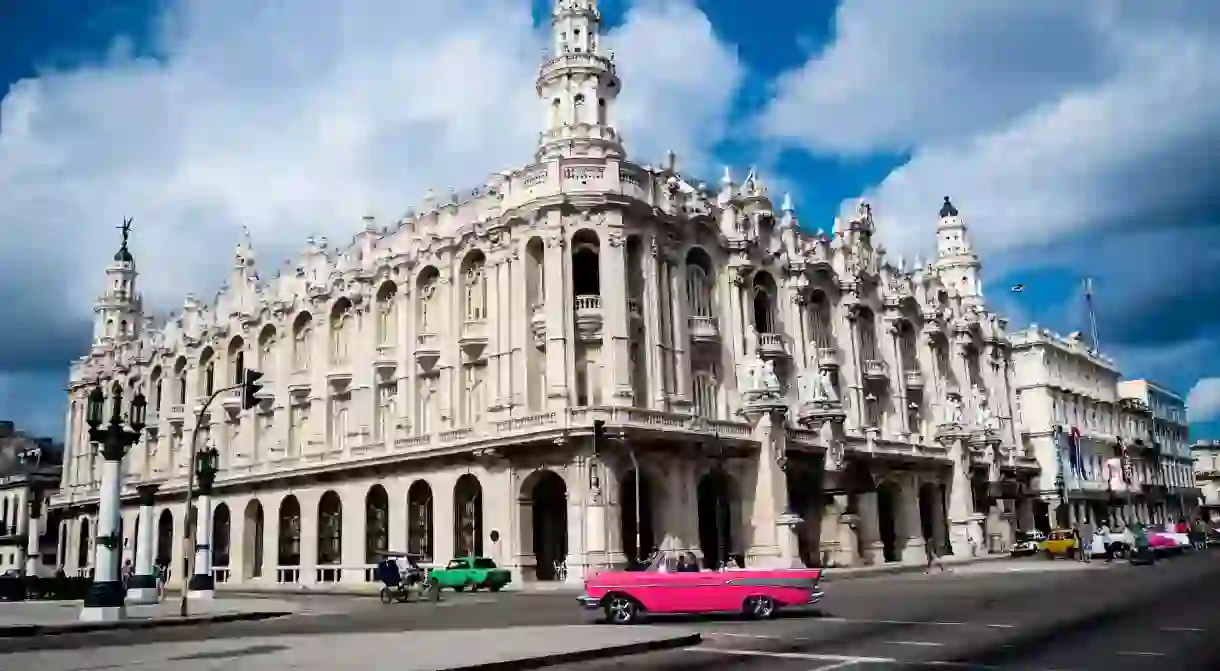8 Cuban Slang Terms You Need to Know

Cubans are known for their rich dialect and distinctive accent. Even seasoned Spanish speakers may find it hard to understand the locals when they speak among themselves. Here are some of the top Cuban slang terms that will help you dial in to what is being said.
Asere/Acere
You’ll hear this one all the time in Cuba and it’s not used in any other Spanish-speaking country. It’s the most popular way to address a friend, and you wouldn’t use it in with someone you’ve just met or in a professional situation. Think “mate” or “buddy”. Often heard in the phrase: “¿Asere qué bola?”
¿Qué bola?
Another Cuba-specific expression. Used instead of the more formal “¿cómo estás?” to ask how someone is. Again, it’s only for use among friends. It’s so popular you will find t-shirts emblazoned with the phrase in tourist markets.
La ronca el mango
While the literal translation is “the snore of the mango,” the phrase is used to mean that something is extreme. “Le ronca el mango trabajar con este calor” means “It’s so hard to work in this heat”.
Yuma

You’ll likely hear this word hundreds of times on your trip to Cuba, whether you’re walking down the street or ordering in a restaurant. It means “foreigner” and Cubans aren’t shy about addressing visitors as such. Used in much the same way as “gringo” in a lot of other Latin American countries. Not usually offensive, but can be depending on the tone of voice.
Guajiro/guajira
A slang word for “peasant,” usually used to describe those who live and work the land in the west of the country. Your guide will likely talk about “los guajiros” if you take a trip to the Viñales valley.
Jinetero/jinetera
Watch out if someone tells you there are “jineteros” about. These hustlers can be found offering cheap cigars, rum, or tours to local sights. You’ll have to deal with lots of them in Old Havana, Santiago de Cuba, and other areas where tourists congregate. They aren’t generally dangerous, but they can be insistent.
Maquina

In other Spanish-speaking countries, “maquina” means “machine”. In Cuba, however, it is used to refer to a car. There are “maquinas” in Havana that operate as shared taxis running on fixed routes, and they’re a cheap way to get around if you can find out where they are going. Ask around and you could save a bunch of cash using “maquinas” rather than taxis.
Fosforera
One for the smokers among you. While you may have learnt that you need to look for an “encendedor” to light your cigarette, in Cuba they say “fosforera”. It’s a bit of a mouthful but it’s a good one to learn in the land of the cigar.
Further afield…
If after visiting Cuba you have more time on your hands to explore the surrounding areas, why not venture further afield and check out these amazing tours and excursions available in these special locations in close proximity.
Check out tours in The Bahamas, The Cayman Islands, Haiti and Jamaica.













